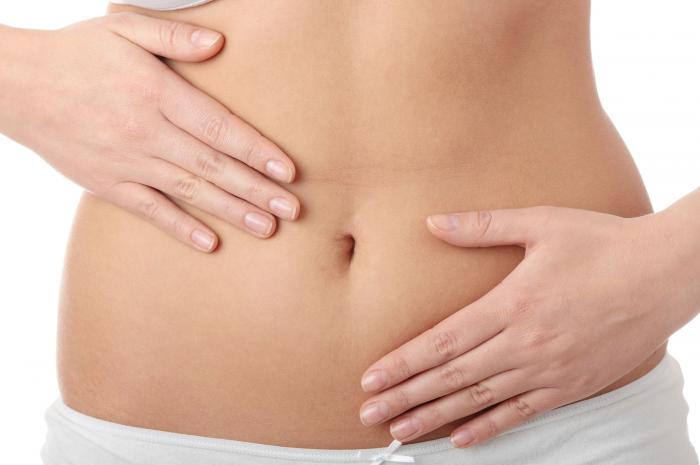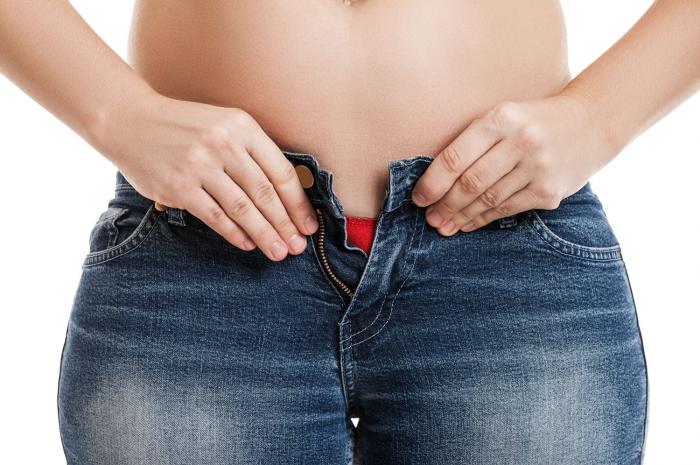About Diverticulitis

Diverticular disease is one of the most common digestive conditions. Diverticula are pea-sized pouches in the intestinal wall – typically the colon.
The underlying cause is usually frequent constipation. Soft, bulky stools easily pass through the colon and respond to the rhythmic contractions that push them along, whereas hard, dry stools are harder to push along which puts pressure on the bowel wall. Over time, this increased pressure can cause pouches to form in weak points in the wall of the colon. Once they develop they do not go away.Many people have the pouches, but most are symptom free. It only turns into a problem if they become inflamed or rupture.
What are the symptoms of diverticulitis?
Is age a factor?
Because the walls of the intestine weaken as we get older, diverticulitis is often associated with ageing. It is known that smoking and stress make the condition worse, probably because they contribute to intestinal inflammation. A poor diet and other digestive issues compound the problem.
How can Foodwise help? 
Do you suffer from diverticulitis? Foodwise can help.
Over the counter painkillers, anti-inflammatory medication and antibiotics are not your only options. We have all the nutritional information and dietary advice to help you manage the condition naturally.
Join nowHow does healthy nutrition help treat diverticulitis naturally?
Diverticular disease is often described as a ‘Western disease’ because the rates are high in European and North American countries, and low in African and Asian countries. A combination of genetics and diet is thought to be the reason for this, including the fact that people in Western countries tend to eat less fibre.
Reduce intestinal Inflammation
Increasingly the role of inflammation is being recognized as another major contributory factor in diverticulitis. The good news is that one of the best ways to decrease intestinal inflammation is through simple dietary changes. By avoiding potentially irritating and inflammatory foods such as refined grains and unhealthy fats, we can reduce intestinal inflammation and encourage proper gut health. Healthy eating also positively influences gut bacteria, which in turn further reduces inflammation.
A low fibre diet
Eating a diet low in fibre is a major contributing factor to diverticulitis, along with smoking and stress. A poor diet, family history, gallbladder disease and being overweight increase the risk of developing the condition. Diverticulitis can be managed by focusing on these five things:
- Eating a high fibre diet
- Identifying food allergies
- Avoiding aggravating foods
- Using appropriate supplements
- Managing Stress
A healthy diet can do much to relieve the symptoms of diverticulitis and prevent further attacks. The focus is on avoiding inflammatory foods, balancing our gut bacteria and encouraging intestinal motility through the use of natural supplements and healthy diet and lifestyle choices.


 Most people with diverticular disease have few or no symptoms.
Most people with diverticular disease have few or no symptoms. Diverticula are common in the West but rare in Africa and Asia
Diverticula are common in the West but rare in Africa and Asia Diverticulitis happens in only 10 – 25 percent of those with diverticulosis. The majority of these cases are of the less serious type – requiring simple treatment, and rarely medication.
Diverticulitis happens in only 10 – 25 percent of those with diverticulosis. The majority of these cases are of the less serious type – requiring simple treatment, and rarely medication.
 Weight Loss
Weight Loss